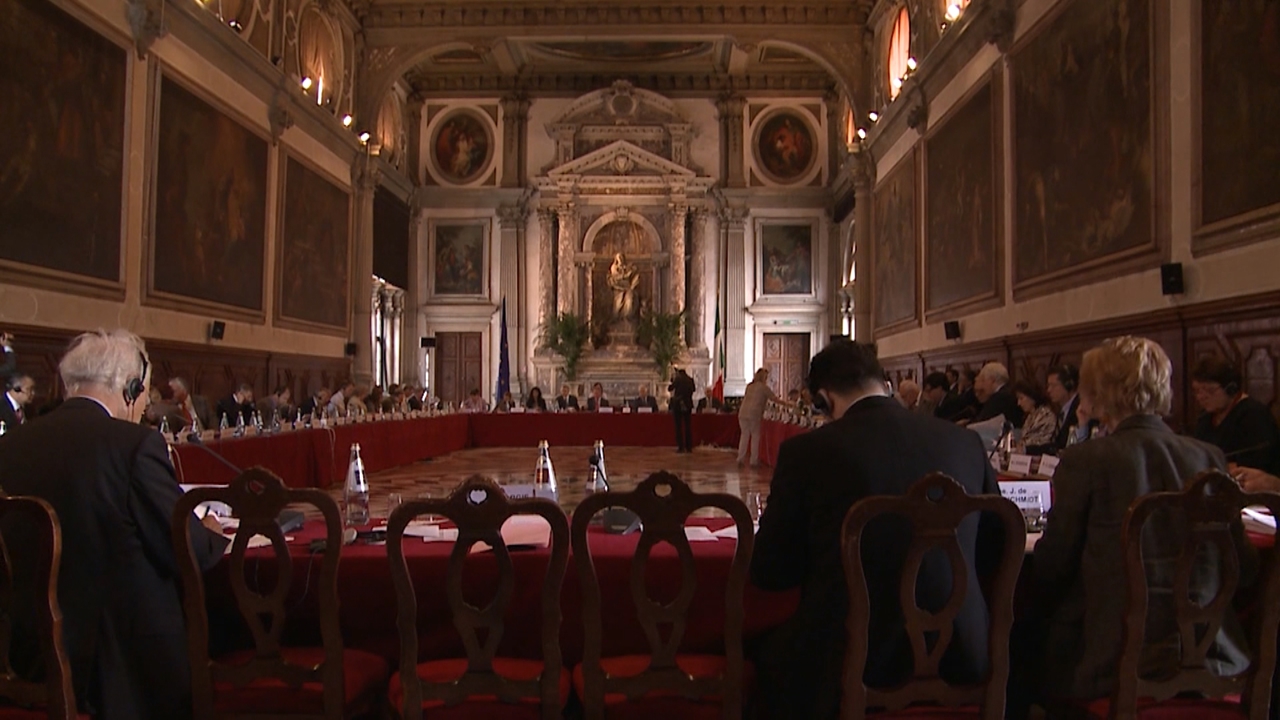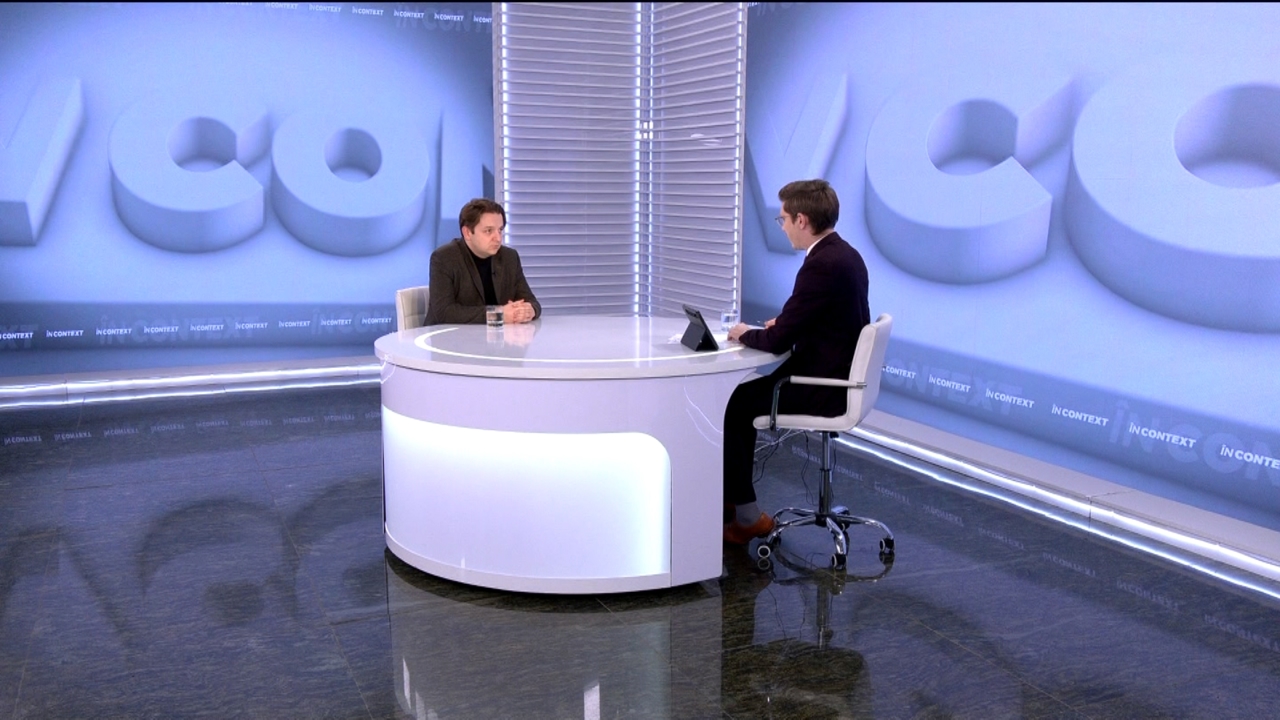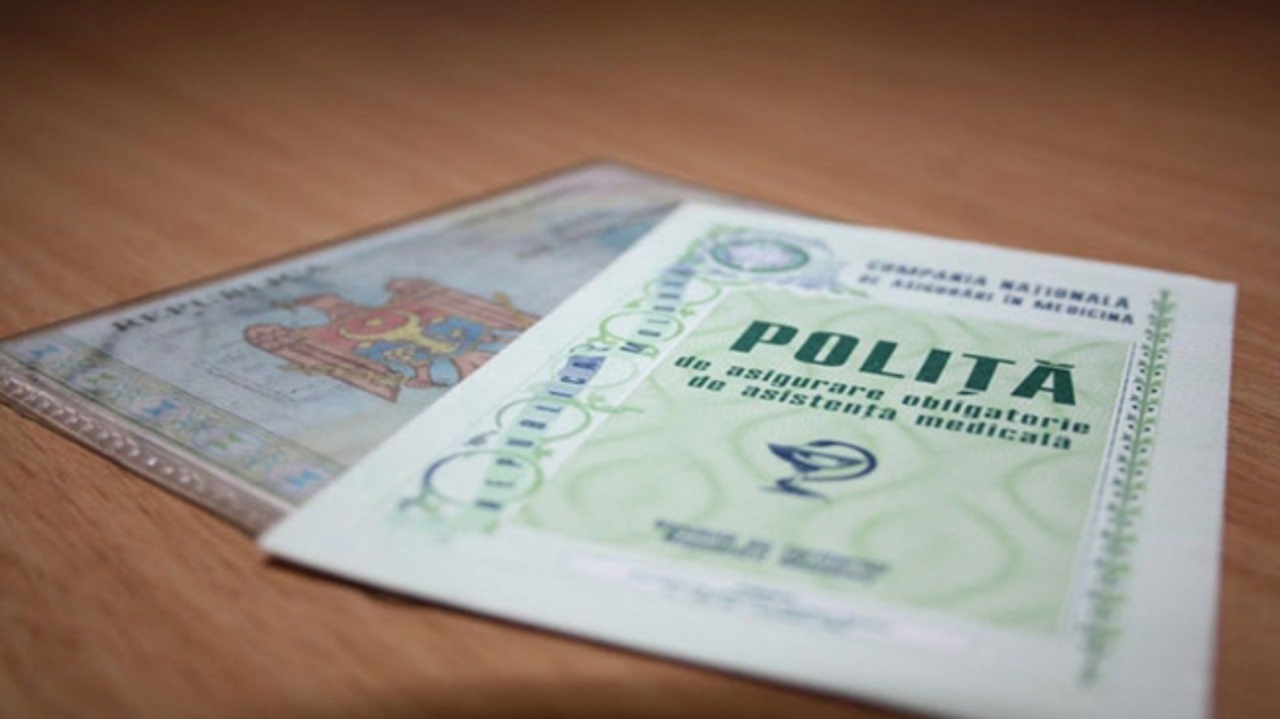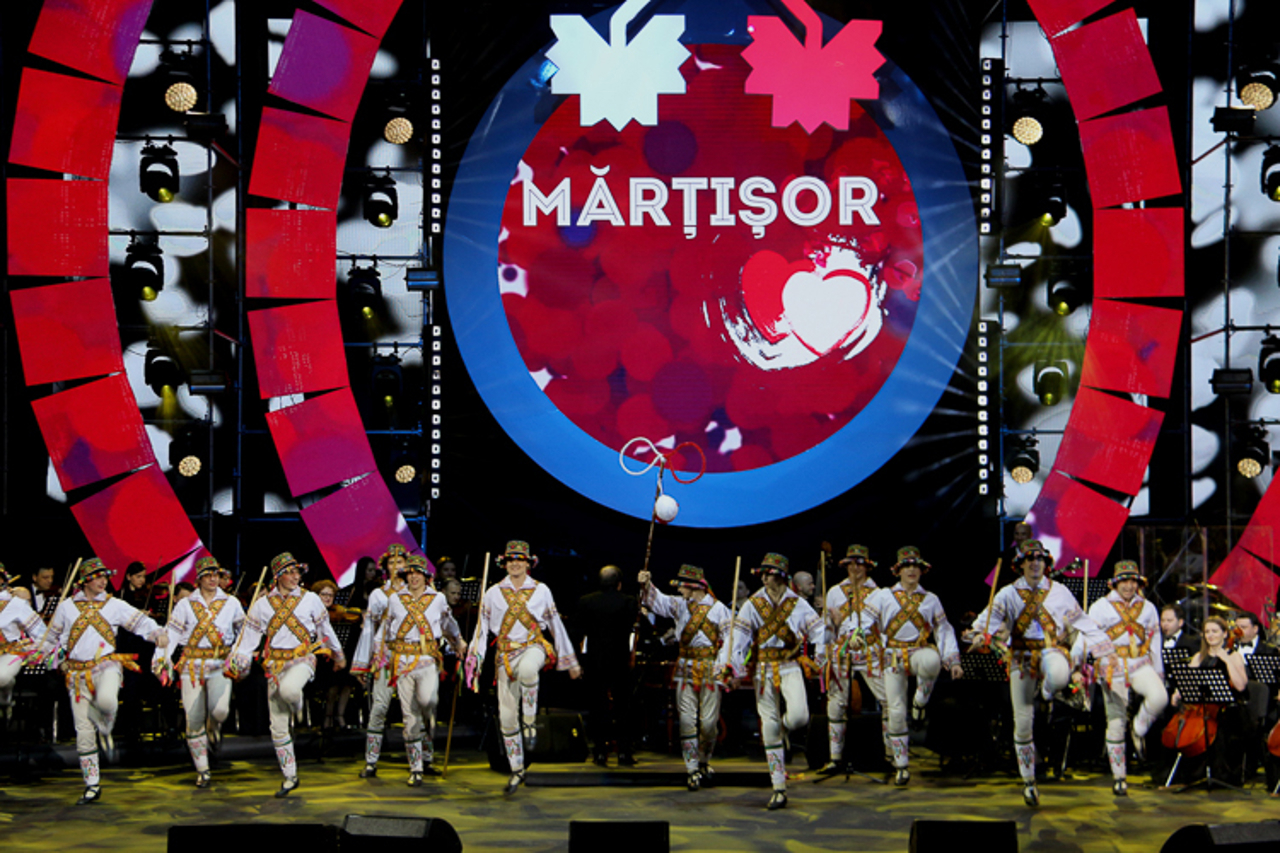Venice nods to Moldova's poll bars, urges refinements
Moldova's recently revised electoral restrictions, aimed at barring individuals linked to the outlawed Sor Party from contesting elections, have garnered qualified approval from the Venice Commission, the Council of Europe's advisory body on constitutional matters.

While acknowledging the principled intent behind the legislation, the Commission urged targeted improvements to ensure equitable and transparent application.
The restrictions, a response to the Constitutional Court's June 2023 ban on the Sor Party for engaging in "detrimental activities including corruption, subversion, and illicit financing," were initially nullified due to their vague nature and lack of individual criteria. The revised law, focusing on politicians convicted or suspected of similar offences, resonated with the Commission for its emphasis on "individualised assessments" and an "established appeals mechanism."
Balancing Legitimacy and Proportionality:
"The objective of curtailing electoral participation for serious offences aligns with safeguarding democratic principles," affirmed the Commission's opinion. However, concerns persist regarding the proportionality and predictability of the sanctions. The Commission deemed the three-year ban "potentially extended" and advocated for further refinement of disqualification criteria to mitigate the risk of "arbitrary exclusion."
Transparency and Evidence at the Forefront:
The Commission expressed specific concern regarding the potential involvement of intelligence agencies in enforcing the restrictions. "Decisions on disqualification must be predicated on concrete evidence, not classified information," emphasised the opinion, advocating for strengthened transparency safeguards and robust judicial oversight.
Judicial Efficiency Holds the Key:
Moldovan legal expert Andrei Curăraru believes the effectiveness of these restrictions hinges on a revitalised judicial system. "Swift and efficient criminal proceedings are paramount," he asserted, recommending the establishment of dedicated anti-corruption courts to expedite relevant cases. "Protracted judicial delays would render the law ineffectual," he cautioned.

The Moldovan government is currently evaluating the Venice Commission's recommendations. Their response will be crucial in determining whether these electoral restrictions effectively safeguard Moldova's democratic future while upholding principles of fairness and due process.
Translation by Iurie Tataru





